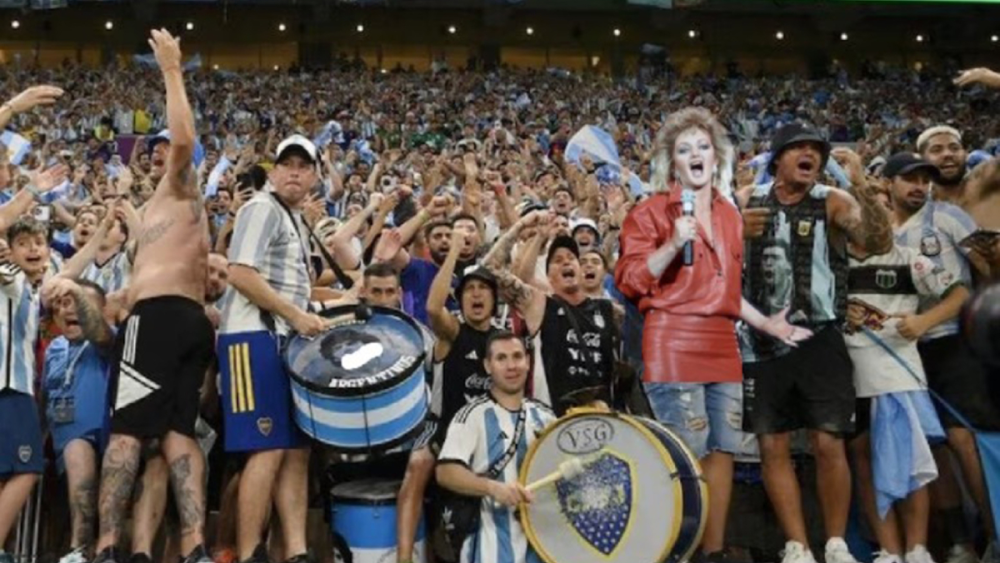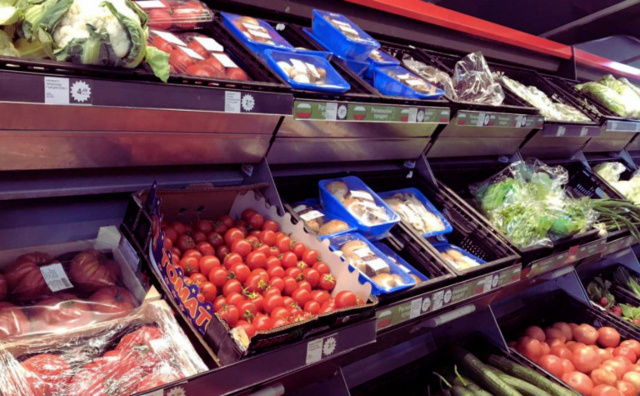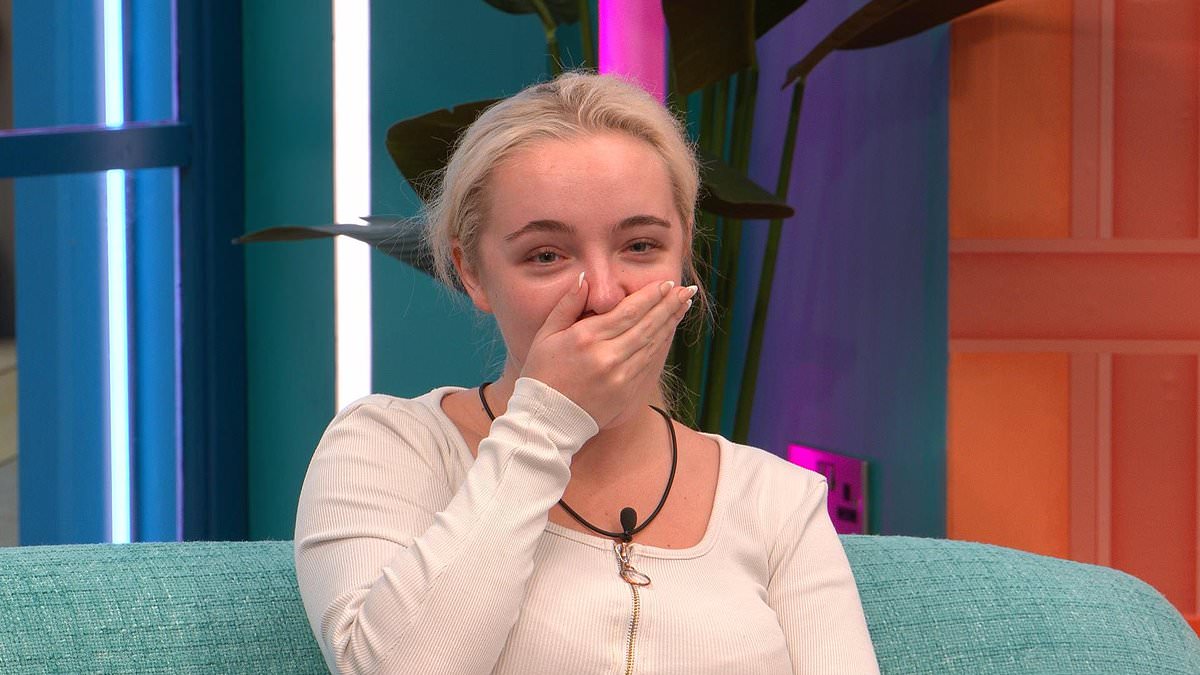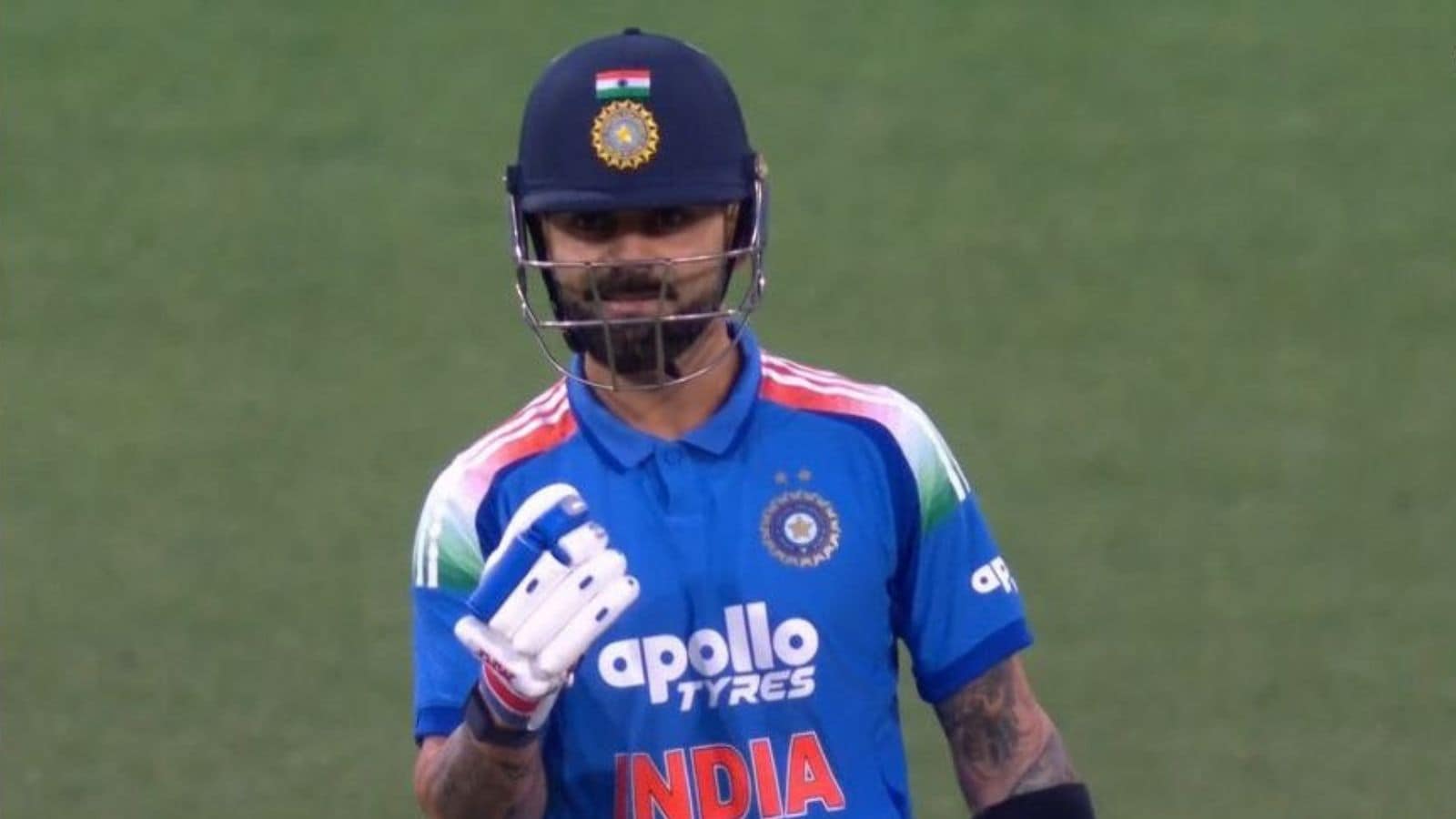Copyright Variety

Ventana Sur, the biggest film-TV market in Latin America, has unveiled its lineup for its TV projects platform, Ventana Sur Series, packed by 14 titles, backed by some notable name from the region. “Discepolín” is produced by Maximiliano Dubois’ Habitación 1520, an institution on Argentina’s film scene, behind smash hit “Gilda” and Cannes Directors’ Fortnight title “Clandestine Childhood,” both starring Natalie Oreiro. Co-producing “Mars,” for instance, Rio Fundación’s credits include the first Paramount+ original in Chile, “Dime con quién andas,” “Berko, El Arte de Callar,” playing Prime Video, and 2025 breakout hit series “Hidden Island.” “Emperor Sol” is backed by Barakacine, need byMarcelo Schapces, and a producer of Carlos Saura’s “Zonda,” “Eva y Juan” and director of “Necronomicon,” Most lately, Argentina’s Prensa & Rocca co-produced Netflix title “Miss Carbon.” Projects range far and wide in issues. They are broadly knit, however, by a social or political consciousness informing so much of Latin American Cinema. “Currently, societies, above all the Latin American, still move in a context where they ‘develop’ in an improvised, chaotic, greedy, unaccountable and uncertain fashion,” says Ricardo Morínigo, director of Agosto Poty.” A closer look at the titles which have made the Ventana Sur Series cut: “Agosto Poty,” (“La flor de agosto,” “August Flower,” Ricardo Morínigo, Guarani Estudios, Paraguay; La Carpincho Cine (Argentina) 5 episodes, 1 season A fiction series inspired by Paraguay’s 2004 Ycuá Bolaños supermarket fire, which left over 400 dead, partly because of emergency exits being locked to prevent people from stealing merchandise. Linked by the fire, a cashier, fire-fighter, district attorney and student battle to prevent tragedy, the blaze’s consequences still roiling two decades later. Directed by Morínigo, who helmed the 2021 feature Jubentú, at Asunción-based Guaraní Estudios, aiming at an auteur films with a commercial impact. “Discepolín,” (Mariano Mucci, Habitación 1520, Argentina), 6 episodes, 1 season A dramedic bio, with a distinctive political edge, of Enrique Santos Discépolo, married to Tania one of tango’s greatest singers and a tango composer-lyricist of such virulent social commentary that one of his most famous works, 1934’s “Cambalache” was banned by Argentina’s dictatorship in 1976. Directing is Mucci, a romcom and doc-feature helmer whose 2023 series “Mordisquito” already portrayed Discépolo in his final months, working as a propaganda writer for Juan Domingo and Eva Perón. “Forger,” (“Trucho,” Leandro Custo, Santiago Dulce) Directed by Custo, a lead writer on Disney’s “Monzón: A Knockout Blow,” one of the greatest of recent Latin America’s series, and produced by Obra Editorial whose short, “None of That,” played Cannes 2023 Competition. In “Forger,” Néstor is Spain’s master forger, providing documents for a killer needing to clear his name. Nestor’s best work may have been, however, when as undocumented immigrant 20 years earlier, he forged his own identity. “Forger” “portrays the conflicts of immigration in Europe: the difficulty in obtaining documents, work, housing, etc.; through the eyes of a forger,” says producer Manuel Aguero. “Fura,” (Andrés Tudela, Alejandro Quintero, Orion Films, Colombia ) 8 episodes, 2 seasons One man in Colombia was richer and more powerful than Pablo Escobar himself. Víctor Carranza, the Emerald Tsar, who survived 34 assassination attempts, thanks to a witch, his ally and curse. Billed as an action crime drama, which gives a magical realism twist to a real-life figure. From Orion Films, behind 2022’s feature “Entrevista Laboral,” produced by Tudela. “Gasp,” (“Bocanada,” Sabrina Farji, Zoelle Producciones, Argentina) In the spirit of “Grey’s Anatomy” and “New Amsterdam,” says Farji, but set at a first care clinic on Buenos Aires humble outskirts, giving it a “visceral Argentine identity,” as it follows wo doctors seeking redemption, humor, and love on the edge. she adds. The latest from Farji, a well-respected writer-director who’s moved from movies into series: such as ER drama “El Paraíso” (2011) and “Fronteras” (2014), another medical drama. “Malena, the Lead,” (“Malena, la protagonista,” Sebastián J. Fracini, Poster Films, Navajo Films, Argentina, Uruguay) 8 episodes, 2 seasons An Argentine comedian develops a series based on her life but is told she can’t play herself. The result is a bittersweet dramedy about rejection, resilience and legacy that blurs fiction and reality. Malena Guinzburg (“En viaje”) stars, directed by Sebastián J. Fracini (“Coppola, el representante”) and produced by Navajo’s Cecilia Mato (Prime Video’s “Porno y Helado”) and Poster’s Lucía Lamboley (“Today Match at 3”). Fracini and María Paula Putrueli team on the screenplay. “What sets this series apart is its blend of reality and fiction,” says Nato. “Mars,” (“Marte,” Víctor Vidangossy, Trapo Films, Rio Fundación, Chile) 6 episodes, 1 season “In a small town in the Atacama Desert, Julia (15), a humble and headstrong teenager, enters a NASA contest to become an astronaut and travel to Mars,” while family mysteries, including her mother’s death and her astronomer father’s disappearance. From Vidangossy, a co-director on romcom telenovela “Gemelas” and medical miniseries “Vidas en riesgo.” From Vidangossy’s Trapo and Rio, a top Chilean TV prodco. “My Things,” (“Cosas Mías: Los Abuelos de la Nada,” Sergio Costantino, Buen Día Films, Argentina) 6 episodes, 1 season. A bio series turning on Miguel Abuelo, a founding father of 1960s-80s Argentine pop-rock, leader of “Los Abuelos de la Nada,” writer of songs of haunting beauty, such as “Himno de mi corazón,” charasmatic, showman who burned brightly briefly, before premature death. Directed by Costantino, already helmer of a doc feature on Abuelo, “Buen día, día.” “Nothing But Glamor,” (“Puro Glamor,” Aloma Rodríguez, Lupita Folk, Chile) 8 episodes, 2-3 seasons The first scripted series from Chile-Spain outfit Lupita Folk, led by a team who previously headed Chilean prime-time hits such as “The Voice” and “Got Talent.” A comedy, written by Aloma Rodríguez, adapting her own book, tracking Violeta, a freelance cultural journalist and mother of three, as she juggles work, family and the search for a new home in Zaragoza, Spain. “A story about epic daily life, where only humor and tenderness ar are the only kind of balance,” say its makers. Documentaries “The Crime of the French Women,” (Directors/producers: Miguel Ángel Rocca, Maximiliano Mastrángelo, Pensa & Rocca Cine y Aires Films, Argentina) 4 episodes, 1 season A true-crime series with a twist: After his daughter is raped and murdered, Jean-Michel Bouvier campaigns for justice, sparking changes to Argentina’s penal code, while taking on the defence of Santos Clemente Vera, accused of the crime. Bouvier and his daughter “shared a deep social consciousness. More than investigating an unsolved crime: this documentary portrays a father transforming pain into a form of resistance and untiring search for the truth,” say its directors. “Emperor Sol,” (Alejandra Almirón, Barakacine, Anok Films, Argentina) 4 episodes, 1 season In 2020, a authoritarian cult leader chooses a circle of the elect to await the end of the world in the Córdoba mountains, unleashing their demons, while he is confronted by his own son. “In the midst of the era of digital gurus, spiritual influencers, and promises of easy success, Emperor Sun presents a profoundly relevant story about how the power of charisma and pseudoscience can destroy lives,” Shapces says. “In Body and Soul,” (“No Corpo e na Alma,” Theresa Jessouroun, Kinofilmes Produçoes, Brazil) 3 episodes, 1 season The mini-series revisits the events that culminated in Brazil’s 1964 military coup, from the perspective of former political activists who took part in student movements and armed struggle. “The aim of this series is to contribute to the strengthening of democracy in Brazil through the reflections of people who lived through this period,” says creator-director Jessouroun (“Point Blank”) whose documentaries have broken out beyond Brazil, to play in Scandinavia, Arte/ZDF all Latin America. “The Paradise,” (“El Paraíso,” Claudio Araya Silva, Diablo Cine, Wanz Films, Bolivia, Mexico) The series, based on over three decades of research, chronicles how cocaine became a political and military tool across Latin America, tracing the hidden alliances between governments, intelligence agencies, and criminal networks that shaped the origins of the drug trade as a system of power. It features real-life testimonies, led by Theo Roncken, whose decades-long investigation forms the backbone of the narrative. “The Paradise” is “not about the glamour of the drug trade, it’s about the machinery behind it, the alliances that rewrote our continent’s reality,” Araya Silva tells Variety. “Sing You Bastards!” (“Canten P*tos,” Nestor Frenkel, Criatura Cine, Uruguay) 6 episodes, 2 seasons Especially popular at soccer clubs in Buenos Aires and Montevideo, a popular song is given new lyrics, sung by massed fans. “From music to soccer, this docu-series also takes in historical and cultural issues such as violence, machismo, homophobia and xenophobia,” says Frenkel. From Uruguay’s Criatura Cine, founded in 2019, and behind last year’s “La Búsqueda De Martina,” by Marcia Faria.



